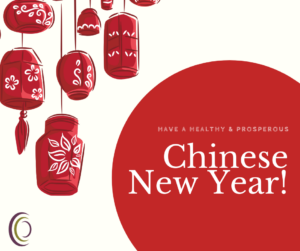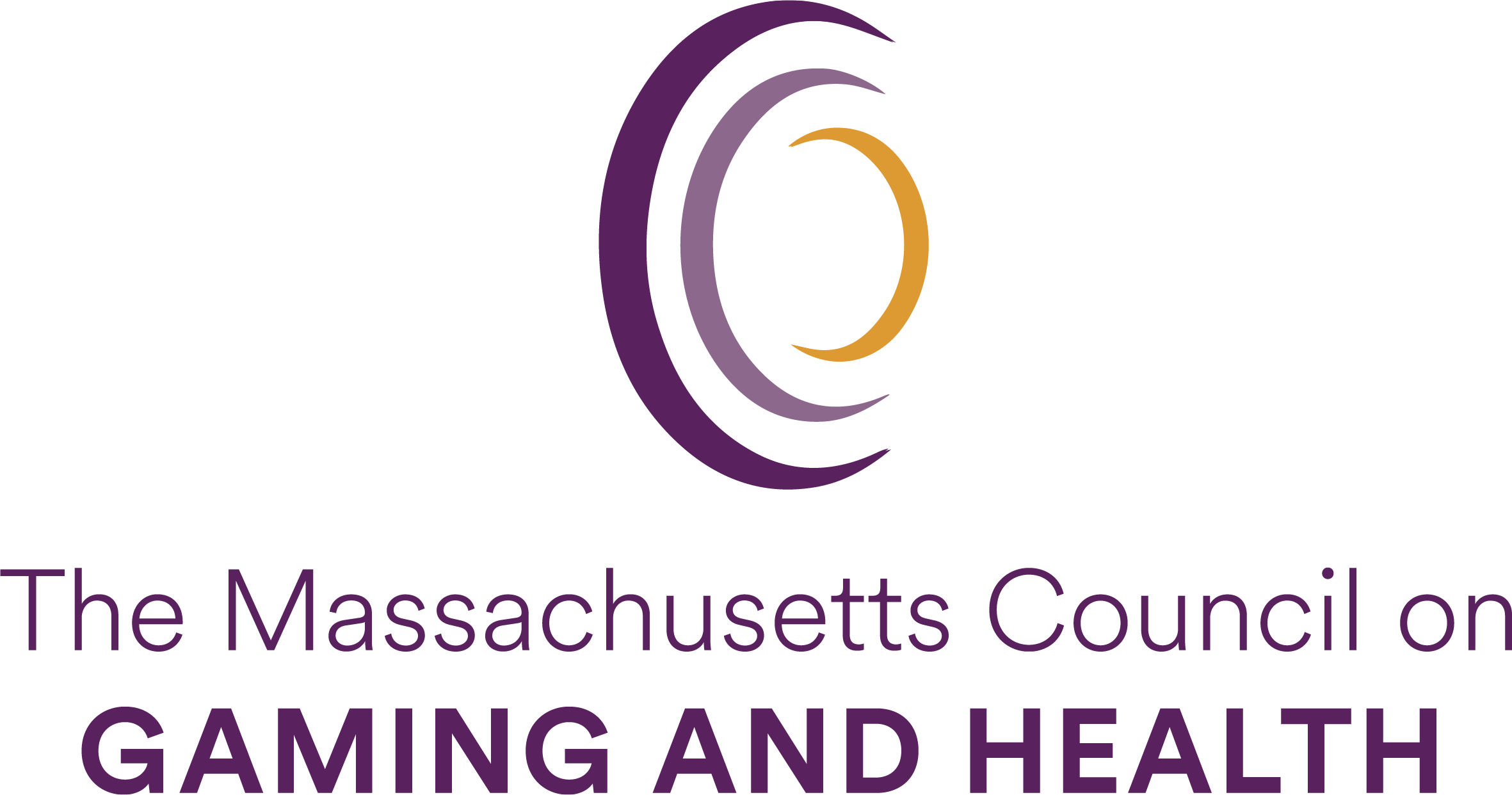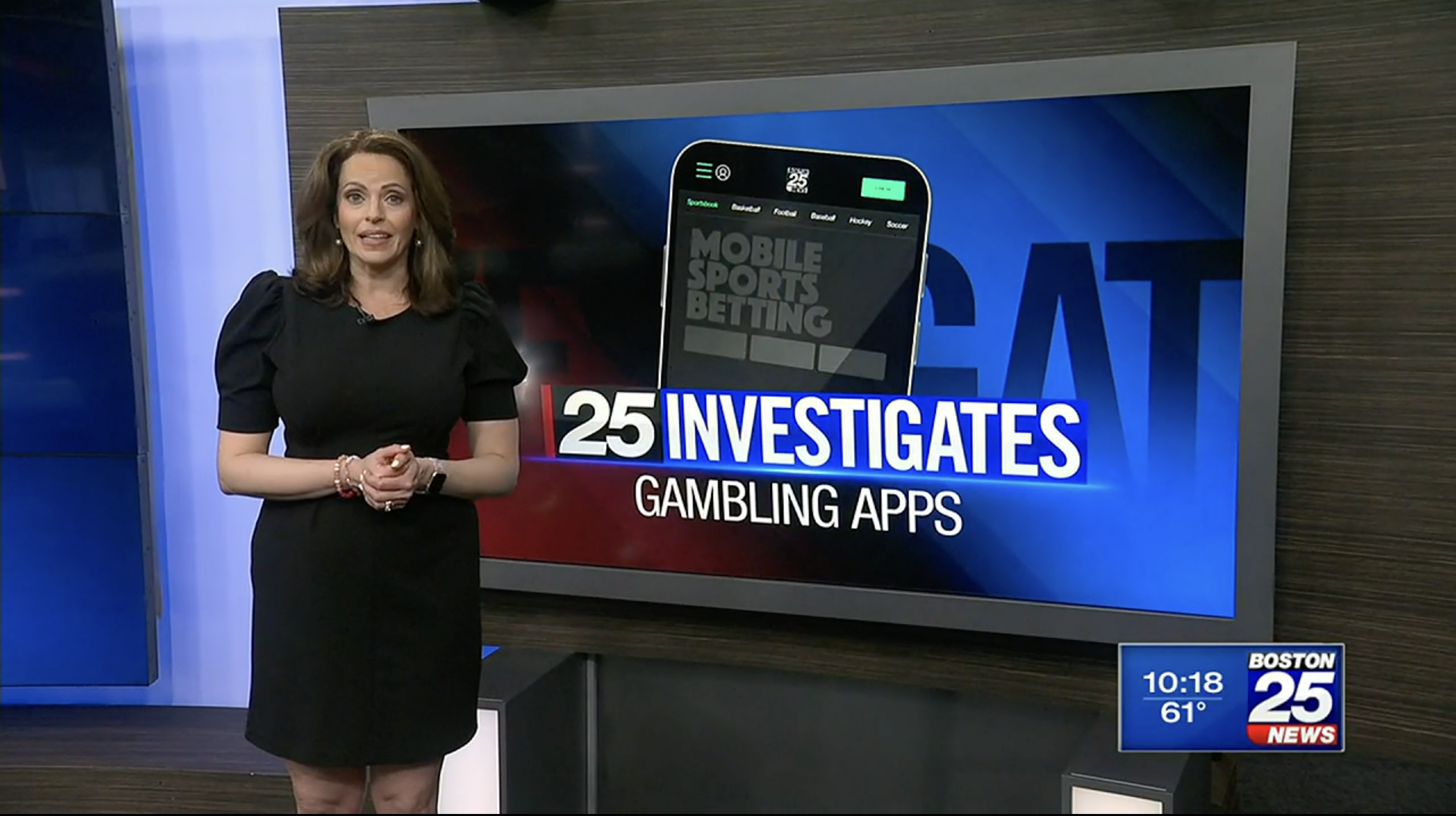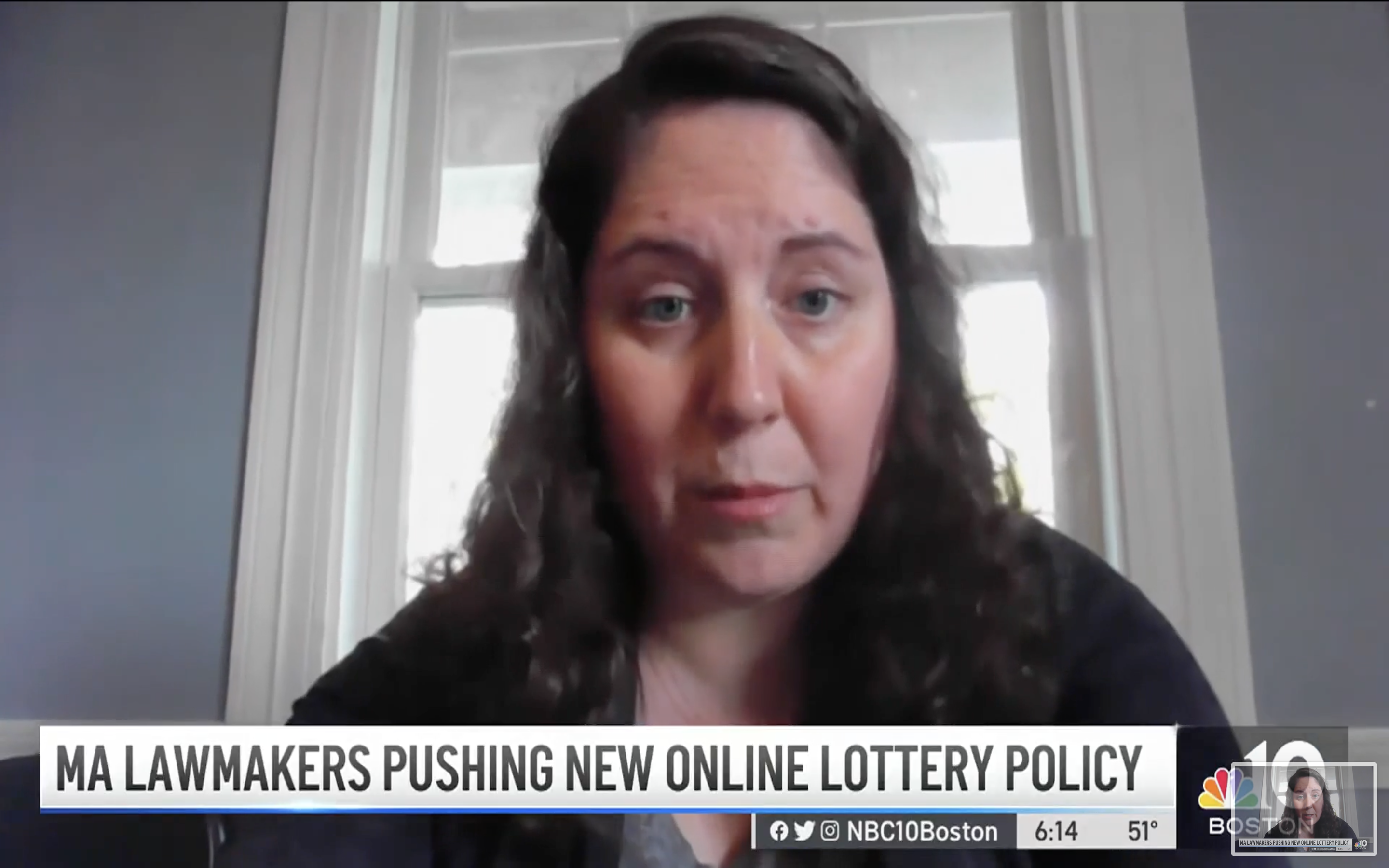[et_pb_section fb_built=”1″ _builder_version=”4.7.7″ min_height=”4171.6px” custom_margin=”0px||||false|false”][et_pb_row _builder_version=”4.7.7″ _module_preset=”default” min_height=”437.5px” custom_margin=”-55px||||false|false”][et_pb_column type=”4_4″ _builder_version=”4.7.4″ _module_preset=”default”][et_pb_divider _builder_version=”4.7.4″ _module_preset=”default”][/et_pb_divider][et_pb_text _builder_version=”4.8.2″ _module_preset=”default” custom_margin=”-20px||||false|false”]
- Expand Your Knowledge About Asian Gambling -2021 is the Year of the Ox in the Chinese Zodiac Calendar (that happens every 12 years) and will begin at the start of the new Asian Lunar New Year in February.
- Positive Play – MACGH is an agency that values data that informs programs and policy. That’s why we chose to undergo the Positive Play Scale (PPS) survey with Dr. Richard Wood and Dr. Nassim Tabri.
- A Black History Month Celebration of Black Scholars of Addiction” by Debi A. LaPlante, Ph.D. – Black academics historically have been marginalized and excluded from many academic pursuits and opportunities.
- Asian American GameSense Outreach Initiative – Our Senior Gamesense Advisor, Linh Ho, took to the streets in December, both virtually and in person, sharing his message of safer gambling and harm reduction with the Asian American Community.
- Test your Knowledge about Lunar New Year! – Lunar New Year is a beautiful, annual celebration that takes place in China and other Asian countries; it is also known as the spring festival.
- Kopel’s Corner -There is a widespread perception that Asian American and Pacific Islander (AAPI) immigrants tend to gamble at higher rates than the general population but this is not accurate. While culture influences gambling behavior, there are also other factors such as acculturation and accessibility.
- Upcoming Trainings – If you are an educator, clinician, or someone just interested in learning more about gambling disorder, join us for a training! For more information including if you are deaf or hard of hearing, or are a person with a disability and requires an accommodation, contact Odessa Dwarika, Director of Programs and Services @ 617-426-4554 or odessa@macgh.org.
[/et_pb_text][et_pb_divider _builder_version=”4.7.4″ _module_preset=”default”][/et_pb_divider][/et_pb_column][/et_pb_row][et_pb_row _builder_version=”3.25″ background_size=”initial” background_position=”top_left” background_repeat=”repeat”][et_pb_column type=”4_4″ _builder_version=”3.25″ custom_padding=”|||” custom_padding__hover=”|||”][et_pb_text _builder_version=”4.9.0″ background_size=”initial” background_position=”top_left” background_repeat=”repeat”]
Expand Your knowledge About Asian Gambling
 If you were born in a year of the Ox, you may identify typically with the colors of yellow, green, and white, and are known by your friends and family to be diligent, determined, stubborn, consistent, and persistent in pursuit of your goals, and may not be considered to be the best communicator. Does this define you? No. Do some take these pre-determined personality characteristics more seriously than others? Yes. But regardless of your personal views is it vital to pay attention to cultural nuances and practices.
If you were born in a year of the Ox, you may identify typically with the colors of yellow, green, and white, and are known by your friends and family to be diligent, determined, stubborn, consistent, and persistent in pursuit of your goals, and may not be considered to be the best communicator. Does this define you? No. Do some take these pre-determined personality characteristics more seriously than others? Yes. But regardless of your personal views is it vital to pay attention to cultural nuances and practices.
What is important to consider about traditions steeped in immense history are the historical and cultural relevance these practices have and what we can learn from them in modern day. They also remind us to stop and assess what we do and don’t know about people with differences in background and practices from our own and how this knowledge can improve our relationships with the people we serve, live with and around, and the people we love the most.
So, if you think you know all there is to know about Asian Communities in Massachusetts related to gambling, consider checking out research by Dr. Carolyn Wong at UMass Institute of Asian American Studies (here). If you think that treating Asian patients for gambling concerns is just like treating everyone else, we’d strongly suggest you take a webinar we’re offering with Dr. Timothy Fong (here).
And maybe most importantly, if you want to learn more, ask someone. A number of GameSense Advisors are doing outreach efforts at Asian supermarkets, offering training and outreach efforts to community-based entities such as the Asian American Civic Association or Boston Chinatown Neighborhood Center, and engaging in dialogue with Asian marketing representatives and hosts at the three Mass. Based casinos.
Don’t be a stubborn ox—expand your knowledge about Asian gambling in Mass today.
By Marlene Warner, Executive Director
Positive Play
The PPS, along with being administered with PGSI and question about gambling behaviors during the March through July shut down of the casinos in Mass due to Covid and questions about online gambling, will allow MACGH, along with its funder the Mass. Gaming Commission, to learn about how and why the majority of people play positively and how to build resources in the four areas of the PPS, honesty and control, personal responsibility, pre-commitment and gambling literacy. MACGH hopes to narrow its focus RG messages and programs around certain segments of players and address the information/motivation they need most.
A Black History Month Celebration of Black Scholars of Addiction
by Debi A. LaPlante, Ph.D., Director, Division on Addiction at Cambridge Health Alliance, a Harvard Medical School teaching hospital; Assistant Professor, Harvard Medical School, as published in The WAGER, Vol. 26.
Read THE WAGER’s Black History Month special series featuring Black Scholars of Addiction HERE.
Asian-American GameSense Outreach Initiative
 Linh, along with another Chinese speaking GameSense Advisor Chris Wong, set up shop at the Kam Man Food in Quincy, a grocery store and pick-up spot for the bus to the casino. Chris and Linh provided socially distanced Gamesense quizzes and safer gambling tips in Vietnamese and Chinese. They distributed hand sanitizer and good advice as people, many of them recent immigrants from China and Vietnam, prepared to board the bus to Encore Boston Harbor. During the two December events at Kam Man, Chris and Linh met over 400 people from all walks of life, many of whom shared stories from their communities and the way gambling has impacted them. The GameSense quizzes were especially popular and participants seemed receptive to learning something new before hopping on the bus with their hard-earned cash in hand. Linh also had the opportunity to do a virtual GameSense Presentation, including information on Voluntary Self-Exclusion, to 19 Vietnamese speaking staff members the Greater Boston Chinese Golden Age Center in Chinatown. If your community-based organization would like to receive a fun and interactive presentations help clients identify strategies to reduce risk when gambling please email Director of Programs and Services Odessa Dwarika at odessa@macgh.org.
Linh, along with another Chinese speaking GameSense Advisor Chris Wong, set up shop at the Kam Man Food in Quincy, a grocery store and pick-up spot for the bus to the casino. Chris and Linh provided socially distanced Gamesense quizzes and safer gambling tips in Vietnamese and Chinese. They distributed hand sanitizer and good advice as people, many of them recent immigrants from China and Vietnam, prepared to board the bus to Encore Boston Harbor. During the two December events at Kam Man, Chris and Linh met over 400 people from all walks of life, many of whom shared stories from their communities and the way gambling has impacted them. The GameSense quizzes were especially popular and participants seemed receptive to learning something new before hopping on the bus with their hard-earned cash in hand. Linh also had the opportunity to do a virtual GameSense Presentation, including information on Voluntary Self-Exclusion, to 19 Vietnamese speaking staff members the Greater Boston Chinese Golden Age Center in Chinatown. If your community-based organization would like to receive a fun and interactive presentations help clients identify strategies to reduce risk when gambling please email Director of Programs and Services Odessa Dwarika at odessa@macgh.org.
Test Your Knowledge About Lunar New Year!

This fun-filled celebration begins with the first new moon of the lunar calendar and ends the first full moon of the lunar calendar. This year Lunar New Year will occur on February 12th and will end on February 26th. February 12th also marks the transition between the Zodiac signs. 2020 was the Year of the Rat and 2021 is the Year of the Ox.
This celebration honors ancestors. Families symbolically offer food to those who have passed and invite them to enjoy the New Year with the living family.
There are many different, interesting traditions associated with this time of year in the Asian community. First, about ten days before the start of Lunar New Year, many families “sweep the grounds,” or clean their houses to remove any bad luck. Additionally, adults often give children and grandchildren red envelopes with small amounts of money. And further, there are firework celebrations, lively dances and, on the last night, a special, colorful red lantern light festival that culminates this time of year.
The GameSense team at Encore Boston Harbor also help to celebrate the Lunar New Year. This year, we have created a short, educational quiz for patrons and will have small prizes available for anyone willing to test their knowledge. Below are two sample questions. Good luck, have fun and Happy Lunar New Year!
QUESTION 1:
Approximately what percentage of the world population celebrate the Lunar New Year?
a.) Approximately 2%
b.) Approximately 7%
c.) Approximately 25%
d.) Approximately 37%
ANSWER:
c.) Approximately 25%. Over 2 billion people celebrate the Lunar New Year globally.
GameSense TIP: Gambling during the New Year can be a fun way of catching up with friends and family. Remember to treat gambling as a fun and entertaining form of recreation.
QUESTION 2: What number is considered lucky in Chinese culture?
a.) 1
b.) 4
c.) 7
d.) 8
ANSWER:
d.) 8. 8 has long been regarded as the luckiest number in Chinese culture. The pronunciation of 8 is “Ba” in Chinese, which is similar to the word “Fa”, which means to make a fortune.
GameSense Tip: Playing your favorite number is fun, but choosing numbers when gambling is random. It is important to understand how the games work before you play.
By Chelsea Turner and Linh Ho
Kopel’s Corner
 Among Asians, games of chance like Mahjong are often seen as a cultural and social activities and less as gambling. Research has shown that for many AAPI, gambling accessibility in their home countries was low, resulting in relatively low prevalence of gambling activity despite strong interest in gambling within the Asian culture. Gambling is illegal or highly restricted in China, Cambodia and Vietnam. Research has documented that when AAPI immigrate to the USA, they acculturate or combine their culture with the new American culture. Further, they are introduced to expanded and targeted gambling opportunities, lending to more gambling activity and a higher level of disordered gambling.
Among Asians, games of chance like Mahjong are often seen as a cultural and social activities and less as gambling. Research has shown that for many AAPI, gambling accessibility in their home countries was low, resulting in relatively low prevalence of gambling activity despite strong interest in gambling within the Asian culture. Gambling is illegal or highly restricted in China, Cambodia and Vietnam. Research has documented that when AAPI immigrate to the USA, they acculturate or combine their culture with the new American culture. Further, they are introduced to expanded and targeted gambling opportunities, lending to more gambling activity and a higher level of disordered gambling.
Asians often believe that their families are in the best position to help them with problematic gambling behavior, and they want to keep it a private matter. The concept of reaching outside their families and local communities for gambling help can be uncomfortable. However, professional help is often needed.
Treatment and prevention programs in the USA, especially in AAPI immigration communities need to be responsive to this fast growing, culturally diverse demographic group. However, there are barriers to treatment. These barriers include access to linguistically and culturally appropriate providers, transportation and lack of familiarity with the US healthcare system. Research indicates that early treatment satisfaction as measured in the form of the Hospital Anxiety and Depression Scale (HADS), the gambling symptom assessment scale (GSAS) and personal well-being index (PWI) along with the level of treatment intensity can improve both short and long term outcomes.
By Phil Kopel
Bibliography
- Arthur, J. N., Williams, R. J. & Delfabbro, P. H. The conceptual and empirical relationship between gambling, investing, and speculation. J Behav Addict 5, 580–591.
- Korn, D. A. & Shaffer, H. J. Gambling and the Health of the Public: Adopting a Public Health Perspective. J Gambl Stud 15, 289–365 (1999).
- Bogle, John. The Clash of the Cultures: Investment vs. Speculation | Wiley. Wiley.com https://www.wiley.com/en-us/The+Clash+of+the+Cultures%3A+Investment+vs+Speculation-p-9781118238219.
[/et_pb_text][/et_pb_column][/et_pb_row][/et_pb_section]





